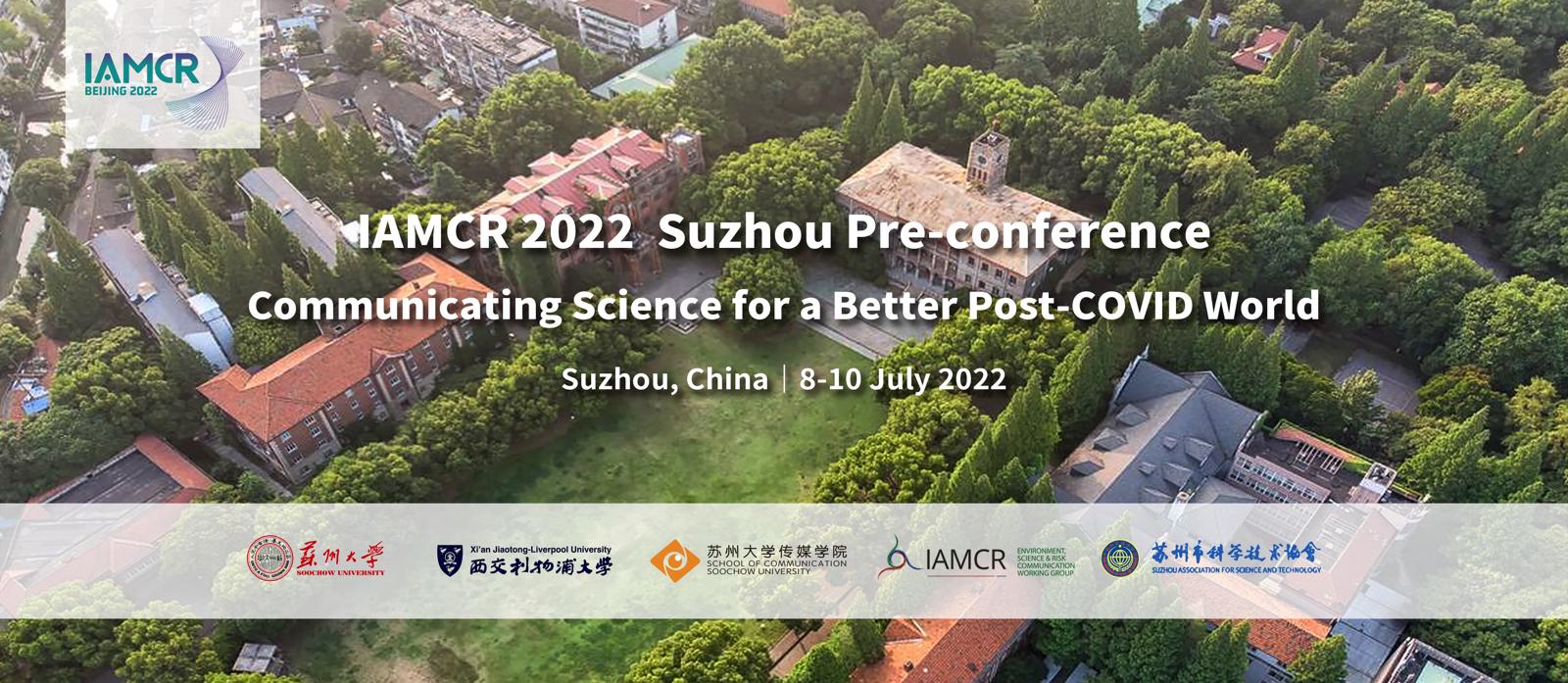The unprecedented pandemic situation has, amongst other things, revealed the failure of science communication worldwide. World Health Organization (WHO) has rightly pointed out that along with the pandemic's fast spread, the misinformation about it has also spread alarmingly. This situation could be termed as infodemic. In this article, the author will explore the state of science communication in India during the extended period of Covid-19, wreaking havoc across the world from December 2019 to the present. The article argues that the “infodemic,” almost as panic-inducing as the pandemic, is the result of the failure of science communication that refused to take into consideration the discursive, tentative, and experiential aspect of science, more importantly, medical science, even in this state of a dire health emergency. Focusing on that, the author states that the science communication in India during Covid-19 crisis was inadequate, as it was generally world-wide, resulting in the critical scientific and biomedical “facts” and “information” concerning the pandemic being relegated to perverse media logic. The failure of science communication in India was at the epistemic level and could be attributed to its erasure of the experiential and contingent aspects of the construction of scientific knowledge and overlooking the impact of “technoscience” on science communication. The article also establishes that the alternative medicine culture of India could have potentially filled the void created by the failure of mainstream science communication, but the impulse to corporatize and brand this alternative medicine industry rather than establishing its clinical efficacy in a sustained and rigorous manner has been self-defeating. All these are significant because Covid-19 is a milestone historical event that has prioritized science communication and could have altered its management worldwide and more so in India. The article hopes to contribute in whatever little way possible to suggest an alternative means of science communication in case of future public health or similar emergencies affecting our existence.

 京公网安备 11010802039275号
京公网安备 11010802039275号